The Art of Destressing: How Creativity Creates Less Stress
MQ Mental Health
APRIL 15, 2024
For me, I realised in my ongoing journey of mental health recovery, that the days I didn’t create were the days I felt disconnected and more likely to experience intrusive thoughts or unhealthy coping strategies. Creativity can be seen by some, perhaps in past decades, as frivolous.



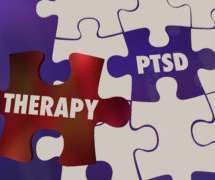

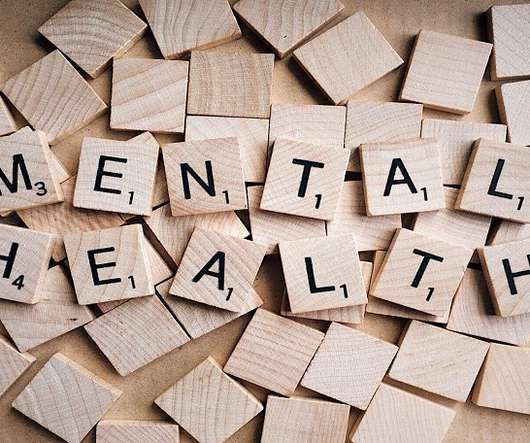
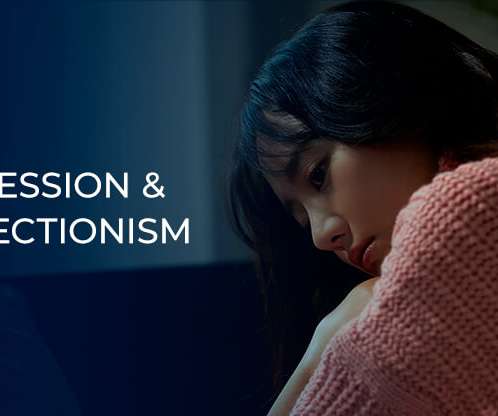
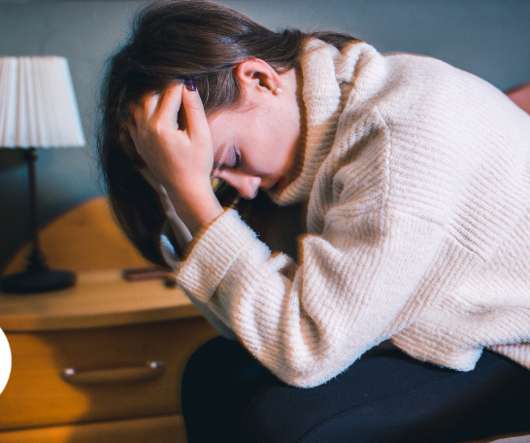
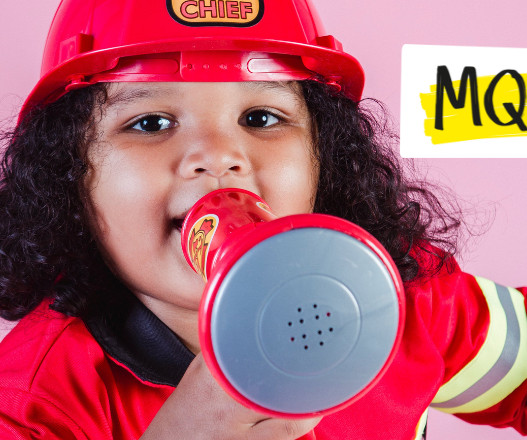
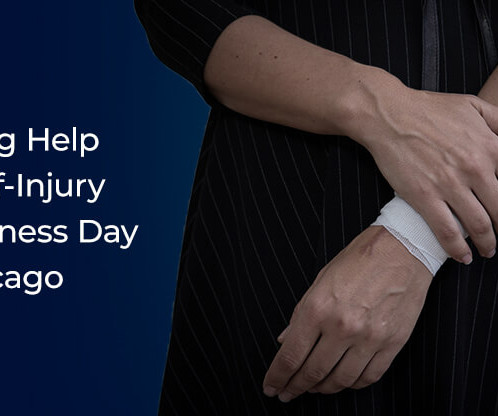
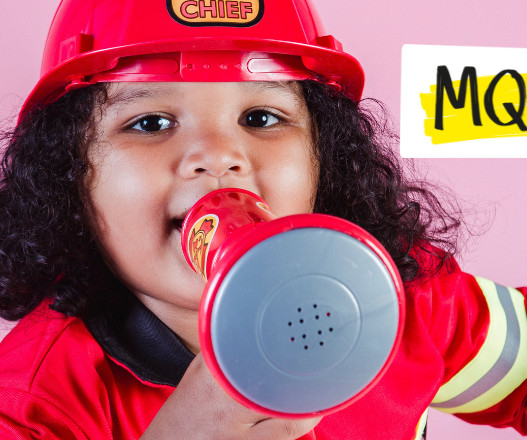

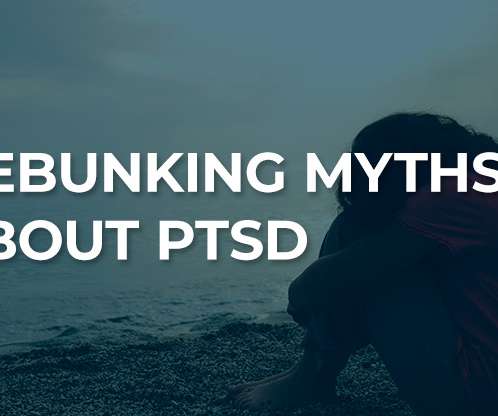







Let's personalize your content